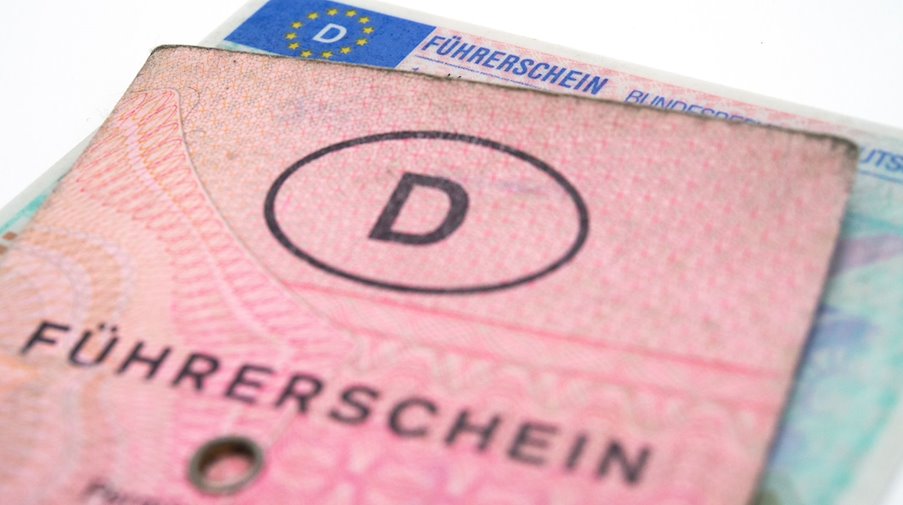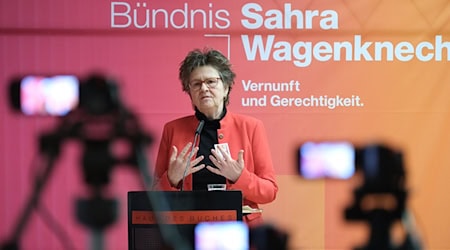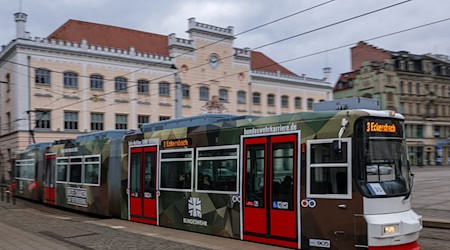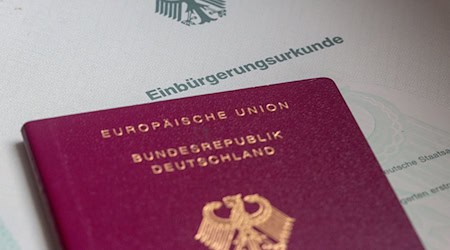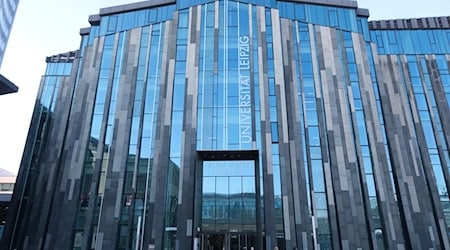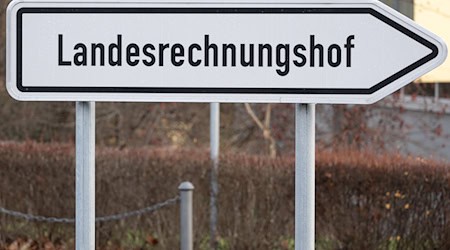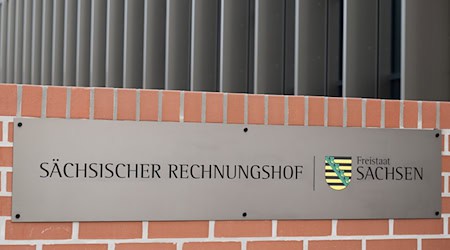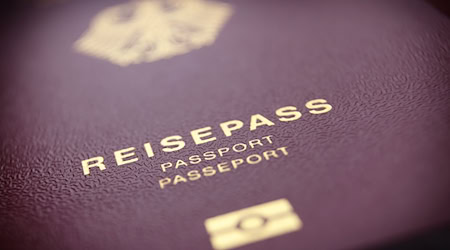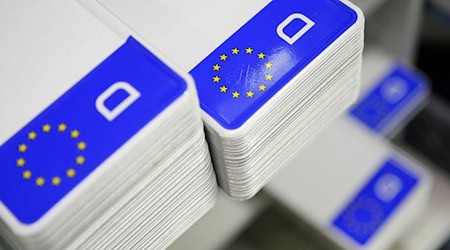In a final spurt, many drivers in Saxony quickly exchanged old paper driving licenses for new documents before the end of the third exchange wave. "The pattern is the same as in previous years: There is an increase in applications from December to February," said a spokesperson for the city of Dresden during a survey conducted by Deutsche Presse-Agentur in the major cities. During the other months, the number of applications is lower and the processing time is shorter. In a third wave, those born between 1965 and 1970 were asked to exchange their old driving licenses for new documents in credit card format by 19 January.
The European Union had stipulated that all driving licenses issued before 19 January 2013 must be exchanged for the standard EU driving license by 2033. The Federal Council had decided on a phased plan for this. According to this plan, those born between 1953 and 1958 were first to be exchanged by July 2022 and those born between 1959 and 1964 by January 19, 2023.
According to the Ministry of Transport, it is not known how many drivers in Saxony are affected by the exchange campaign. The ADAC had estimated that around 15 million paper driving licenses and around 28 million driving licenses in cheque card format issued between 1999 and 2013 are affected in Germany.
Drivers in Dresden who want to exchange their driving license currently have to be patient for around ten weeks. According to the city, around 3200 applications are currently with the driving license authority. Around 160 of them are for drivers born in the same year whose exchange period has already expired. "Between 90 and 190 new applications arrive every day," said a spokesperson. So far, almost 45,300 paper driving licenses have been exchanged, compared to around 11,900 last year. It is not known how many still need to be exchanged.
Around 84,000 driving licenses have been exchanged in Leipzig. The driving license authority releases the dates for four weeks in advance on the Internet every day. "There are currently enough appointments available so that there are no significant waiting times," said a spokesperson for the trade fair city. According to documents from the driving license authority, around 300,000 driving licenses have to be exchanged. However, nobody in Leipzig can say how many drivers are actually affected by the mandatory exchange due to the many people moving in and out of Leipzig. This is because driving licenses do not have to be re-registered.
It is therefore also impossible to say how many drivers may now be driving with invalid driving licenses because they have not exchanged them. Anyone caught with an invalid license during police checks, for example, will be fined ten euros. The defaulting driver will be treated as if they did not have their license with them. However, they will then be asked to present the exchanged driver's license immediately, according to the Ministry of Transport. There could also be problems abroad with old documents.
The city of Chemnitz has set up additional appointments on certain afternoons until the beginning of February so that drivers can still submit applications. The appointments can be made by telephone via the authorities' telephone number, it said. There are currently no waiting times. There is also a ticket machine in the waiting area of the driving license authority with a limited number of tickets available each day. So far, around 21,200 driving licenses have been exchanged. How many holders of old driving licenses are in default cannot be said in Chemnitz either. Around 39,200 old driving licenses issued between 1953 and 1970 are registered with the authorities.
The fourth stage is now to collect the last paper driving licenses still in circulation. Drivers born in 1971 or later will therefore be asked to exchange their licenses by January 19. This will be followed by the card driving licenses issued before 2013, staggered by year of issue until 2033.
Copyright 2024, dpa (www.dpa.de). All rights reserved

